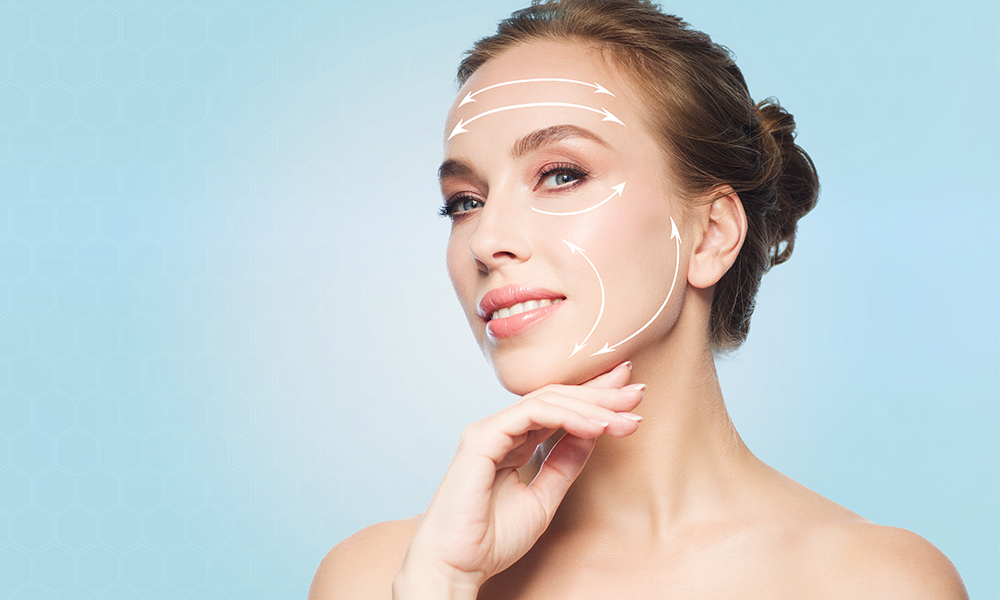Living with acne scars can be a challenge, affecting not just skin health but also self-confidence. Today, there are effective, non-surgical methods to reduce and potentially remove these blemishes. This extensive article explores the most effective treatments for acne scar removal, providing in-depth insights tailored to help you achieve smooth and clearer skin.
Understanding Acne Scars
Acne scars result from deep trauma to the skin related to acne, including cysts and inflamed nodules. The healing process sometimes leaves a fibrotic, uneven skin surface or pits where the tissue was damaged. Dealing with these scars involves various treatment strategies that range from topical solutions to advanced dermatological procedures, all designed to smooth out the skin’s appearance without surgical interventions.
Top Treatments for Acne Scar Removal
Chemical Peels for Smoother Skin
Chemical peels are a cornerstone treatment in acne scar management. This procedure involves applying a chemical solution that causes the top layers of the skin to exfoliate and eventually peel off. The new skin that replaces it is usually smoother and less scarred in appearance. For acne scar removal, medium to deep peels are most effective. They target the deeper layers of the skin, encouraging the regeneration of skin cells, which diminishes the depth and severity of scars.
Microdermabrasion: Gentle Resurfacing
Microdermabrasion is a milder treatment that can be used on all skin types. It involves a minimally abrasive instrument to gently sand your skin, removing the thicker, uneven outer layer. This type of skin rejuvenation is used to treat light scarring, discoloration, sun damage, and stretch marks. It’s particularly beneficial for individuals looking to improve the appearance of their acne scars without significant downtime.
Laser Skin Resurfacing for Precision and Depth
Laser resurfacing has become increasingly popular for acne scar removal. This technique uses concentrated light beams to remove damaged skin layer by layer with precise control. The procedure not only reduces the appearance of scars but also enhances the overall texture of the skin. There are two types of lasers commonly used: ablative lasers, which are the most intense as they remove layers of skin, and non-ablative lasers, which target the underlying skin structure to promote collagen growth and skin tightening.
Microneedling: Promoting Skin Repair
Microneedling is a procedure that involves using small needles to create tiny punctures in the top layer of skin. This process works to boost the body’s natural healing processes and collagen production, smoothing out scars and rejuvenating the skin. Regular treatments over a period of months can significantly reduce the visibility of acne scars, making this a favored option for ongoing maintenance.
Topical Retinoids and Creams
Topical treatments can also be effective in the management of acne scars, especially when combined with other therapies. Retinoids speed up cell regeneration, which can lessen the appearance of acne scars over time. Other creams containing alpha hydroxy acids and beta hydroxy acids also promote skin peeling and renewal, gradually diminishing the scar’s appearance.
Personalized Acne Scar Removal Plans
Every skin type is different, and so is every acne scar. Consulting with a dermatologist who can offer a personalized treatment plan is crucial. Such a plan might include one or several of the above treatments, depending on the type and severity of the acne scars.
Lifestyle Tips for Managing Acne Scars
While professional treatments are important, managing acne scars also involves taking good care of your skin daily. This includes adequate hydration, using sunscreen, maintaining a healthy diet, and using non-comedogenic makeup and skincare products that do not clog pores. Additionally, avoiding direct sun exposure and not picking at scars are crucial steps to prevent worsening of the scars.
Conclusion
Acne scars can be a distressing issue, but with today’s advancements in dermatological treatments, effective and non-invasive options are available for acne scar removal. Whether through chemical peels, laser treatments, microneedling, or topical products, each method offers a pathway to clearer, smoother skin. Tailoring the treatment to your specific skin type and scar condition, alongside maintaining a healthy skin care regimen, can lead to successful management and often substantial reduction of acne scars.





